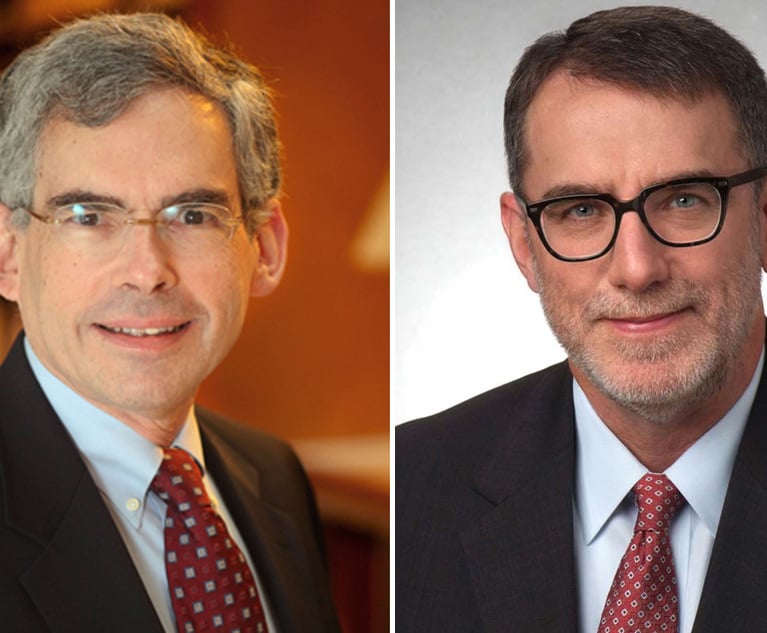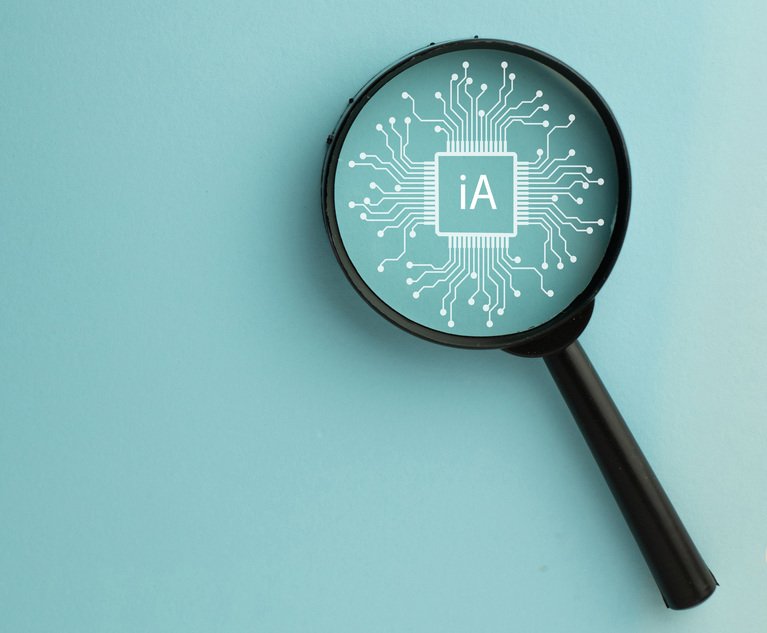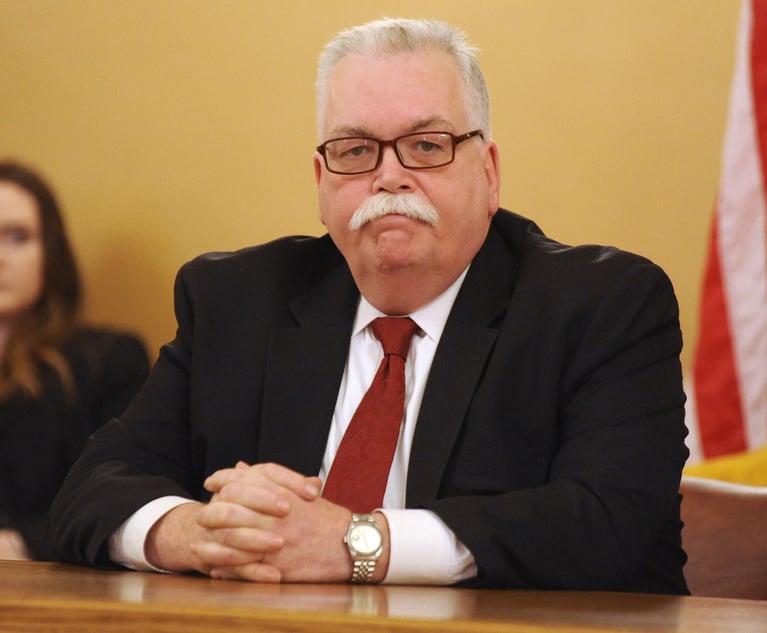On March 3, New York Gov. Kathy Hochul signed the strongest environmental justice (EJ) law in the United States. While federal guidelines and the laws of some other states—notably California, Massachusetts, and Washington—require analysis, disclosure and consideration of EJ issues, only a New Jersey law adopted in 2020 imposed substantive limitations, as we discussed in our May 12, 2021, column. New York’s new law—building on enactments in 2019 and 2020— is even more restrictive.
The new law—which we’ll call the EJL—provides that the Department of Environmental Conservation (DEC) “shall not issue an applicable permit for a new project if it determines that the project will cause or contribute more than a de minimis amount of pollution to a disproportionate pollution burden on the disadvantaged community.” Environmental Conservation Law (ECL) Sec. 70-0118.
This content has been archived. It is available through our partners, LexisNexis® and Bloomberg Law.
To view this content, please continue to their sites.
Not a Lexis Subscriber?
Subscribe Now
Not a Bloomberg Law Subscriber?
Subscribe Now
LexisNexis® and Bloomberg Law are third party online distributors of the broad collection of current and archived versions of ALM's legal news publications. LexisNexis® and Bloomberg Law customers are able to access and use ALM's content, including content from the National Law Journal, The American Lawyer, Legaltech News, The New York Law Journal, and Corporate Counsel, as well as other sources of legal information.
For questions call 1-877-256-2472 or contact us at [email protected]


 Michael B. Gerrard and Edward McTiernan
Michael B. Gerrard and Edward McTiernan




